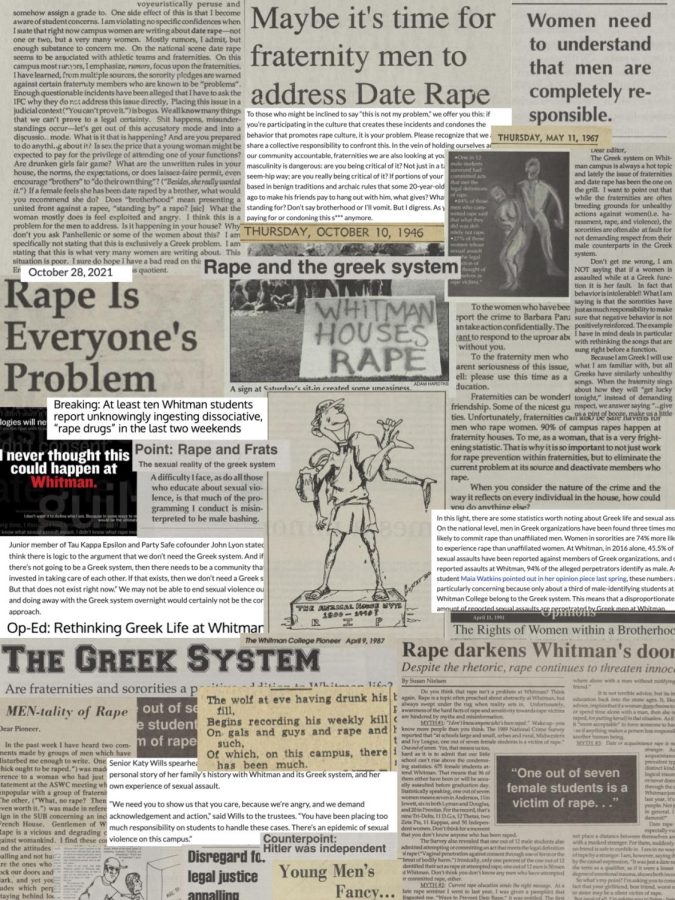I have joined a campaign at my college to call for our endowment to be divested from the companies with the largest reserves of fossil fuels. We call for divestment in solidarity with people on the front lines of extreme resource extraction (like mountaintop-removal coal mining and fracking) and victims of climate change all over the world, present and future.
The divestment movement is a political strategy, not an economic plan to “bring down” the fossil fuel corporations. The objective of divestment is to help neutralize the fossil fuel industry’s influence by making it so unpopular and politically unattractive that accepting industry money is too costly for any politician. Counteracting the industry’s influence is vital to the success of any effective climate policy.
Divestment campaigns perform a powerful, nationwide political action that conveys a warning to our political institutions about the authenticity and depth of our commitment to a livable future. This action is meant to convey the seriousness of our demands for effective climate action from our elected representatives in a way standard pressure tactics cannot.
Divestment will not on its own lead to climate justice, especially given the amount of political inertia needed to be overcome and the wealth and entrenched power of the fossil fuel industry. But along with the combination of other tactics that are now being employed, divestment can make a significant contribution to climate justice.
The divestment movement is gaining traction. Four colleges have agreed to divest their endowments from fossil fuel companies and the City of Seattle has also moved to divest the city pension fund from fossil fuels. This may be a viable option for Whitman College as well, but only if we demand it.
Audrey Vaughan ’15

